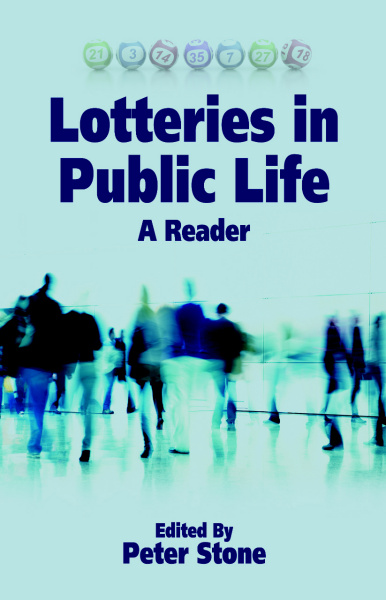Lotteries have been used to make all kinds of public decisions ever since the days of Ancient Greece. They can contribute to some of our most important values, such as rationality, justice, and democracy. But until recently, there was no theory to make sense of lotteries and what they can do. The past few decades have changed that with a veritable renaissance of studies on lotteries. This book collects fourteen of the most important of these papers, and offers a critical introduction tying them together.
Table of Contents
Editor's Introduction
1. Vilhelm Aubert, Chance in Social Affairs
2. Dael Wolfle, Chance, or Human Judgment?
3. Dennis C. Mueller, Robert D. Tollison, and Thomas D. Willett, Representative Democracy via Random Selection
4. Hank Greely, The Equality of Allocation by Lot
5. George Sher, What Makes a Lottery Fair?
6. Barbara Goodwin, Justice and the Lottery
7. Richard G. Mulgan, Lot as a Democratic Device of Selection
8. Lewis A. Kornhauser and Lawrence G. Sager, Just Lotteries
9. Torstein Eckhoff, Lotteries in Allocative Situations
10. Fredrik Engelstad, The Assignment of Political Office by Lot
11. Willem K.B. Hofstee, Allocation by Lot: A Conceptual and Empirical Analysis
12. John Broome, Fairness
13. David Wasserman, Let Them Eat Chances: Probability and Distributive Justice
14. Sigmund Knag, Let's Toss for It: A Surprising Curb on Political Greed


